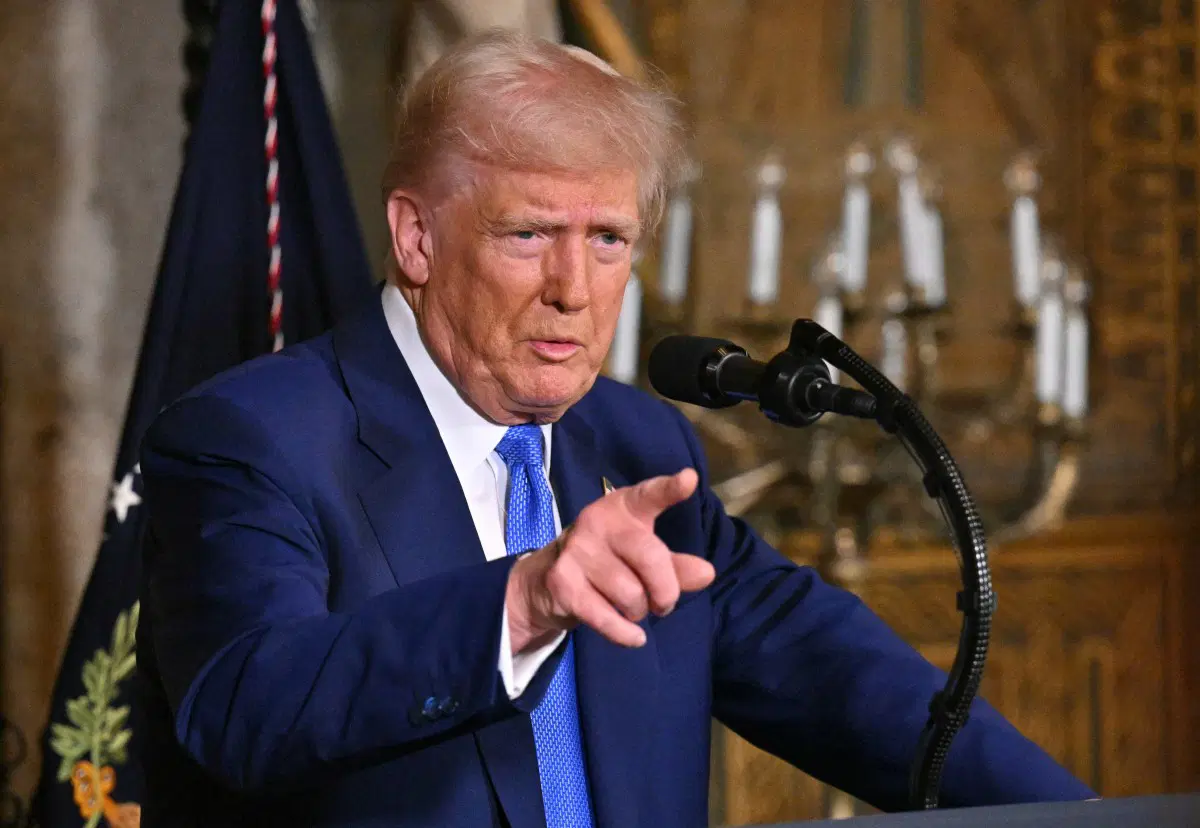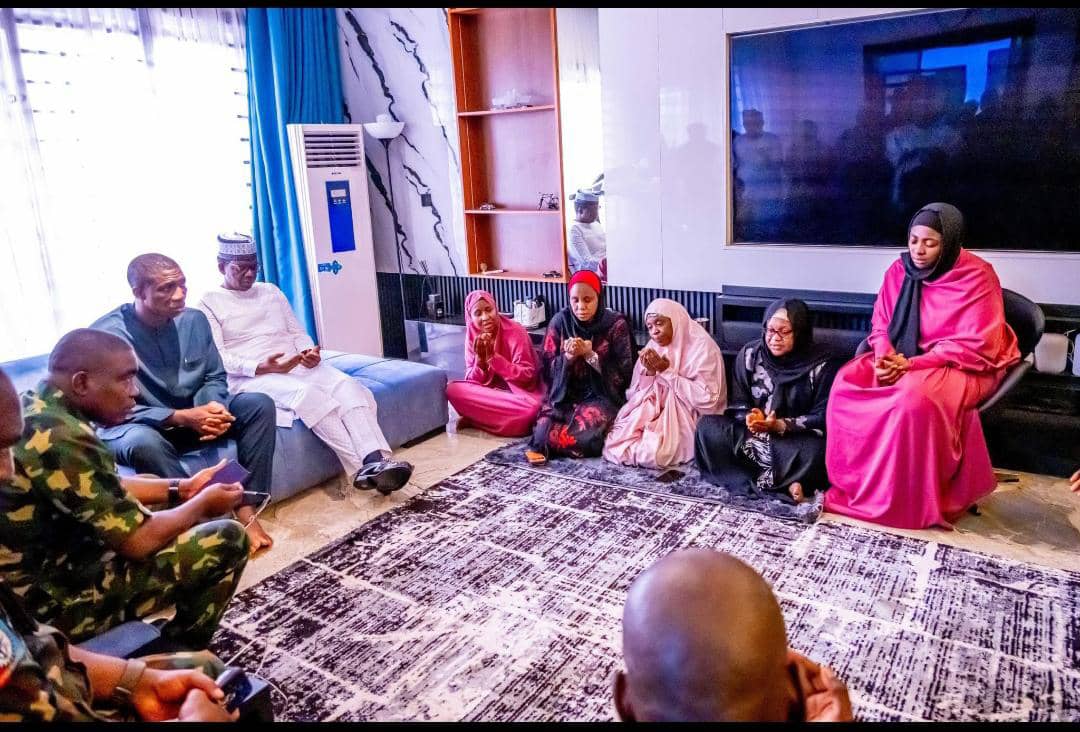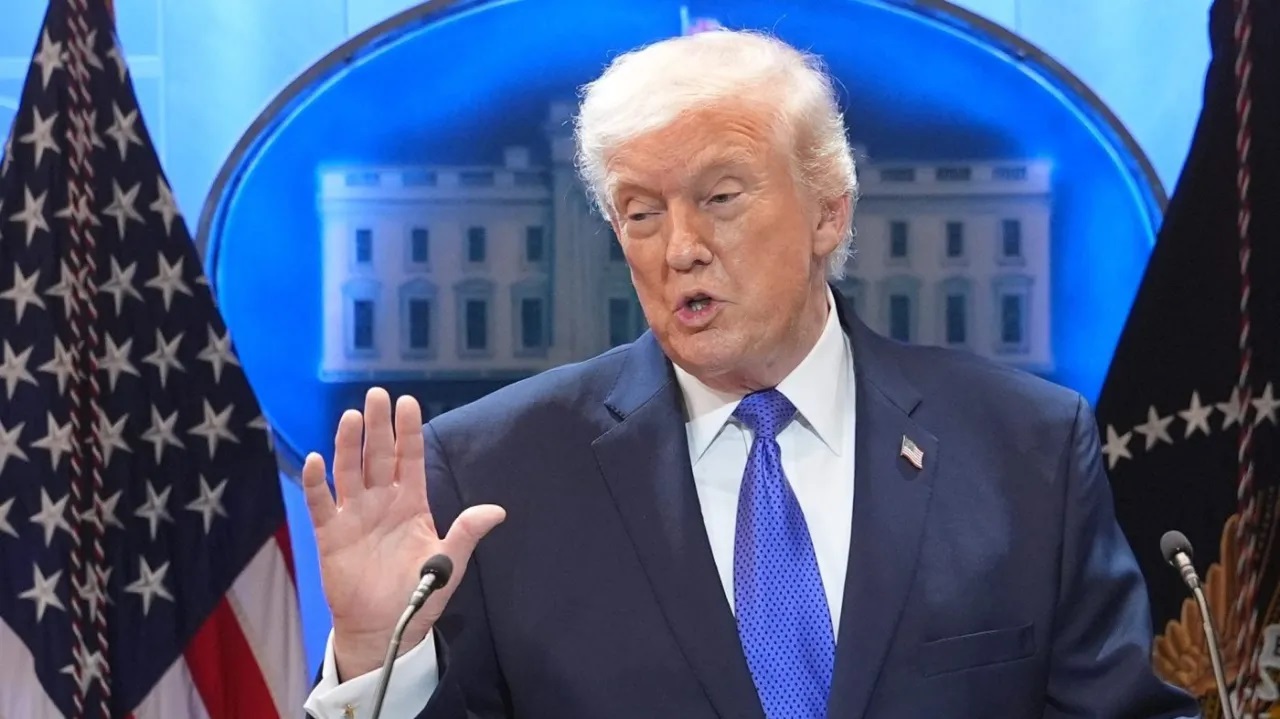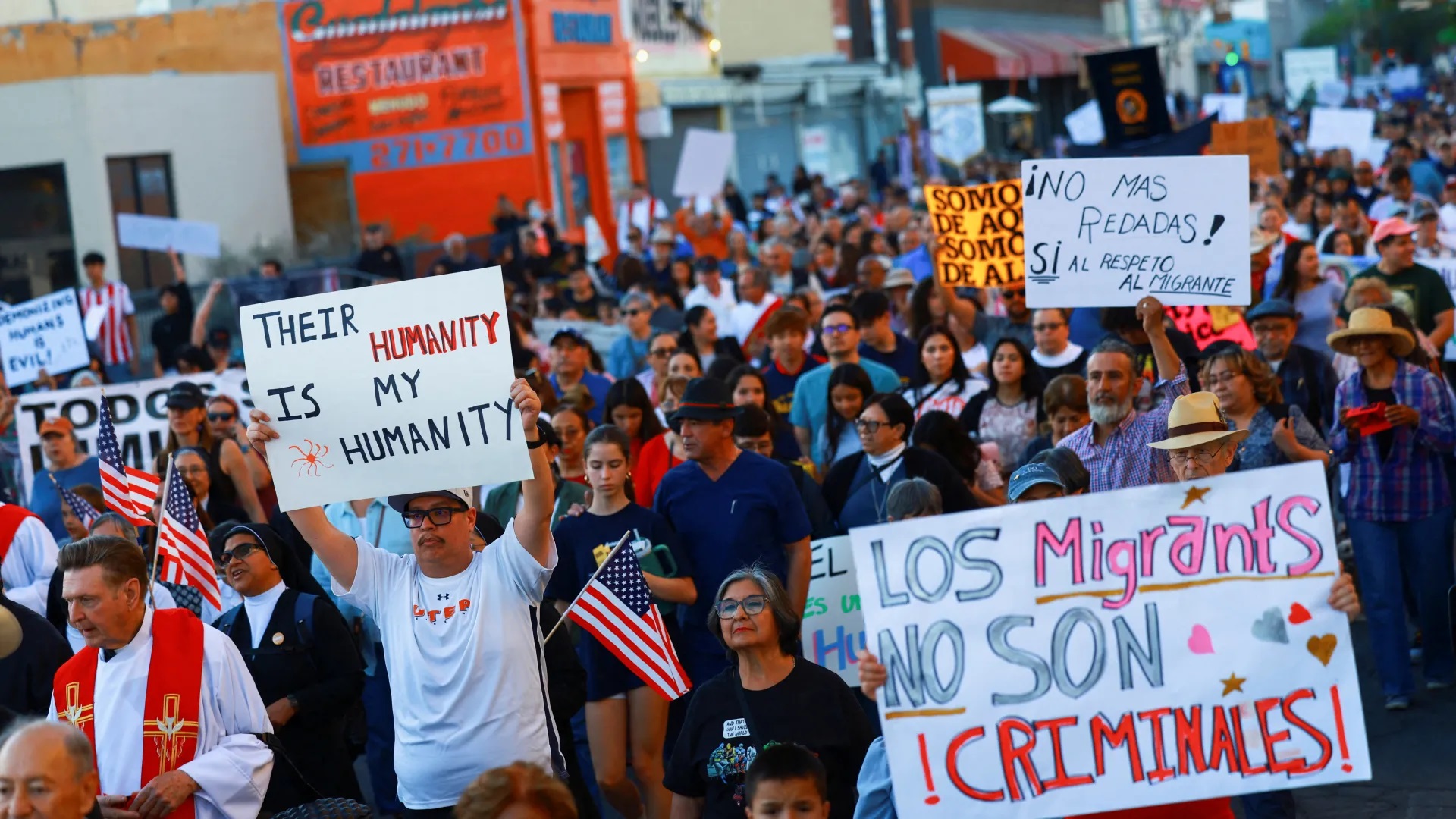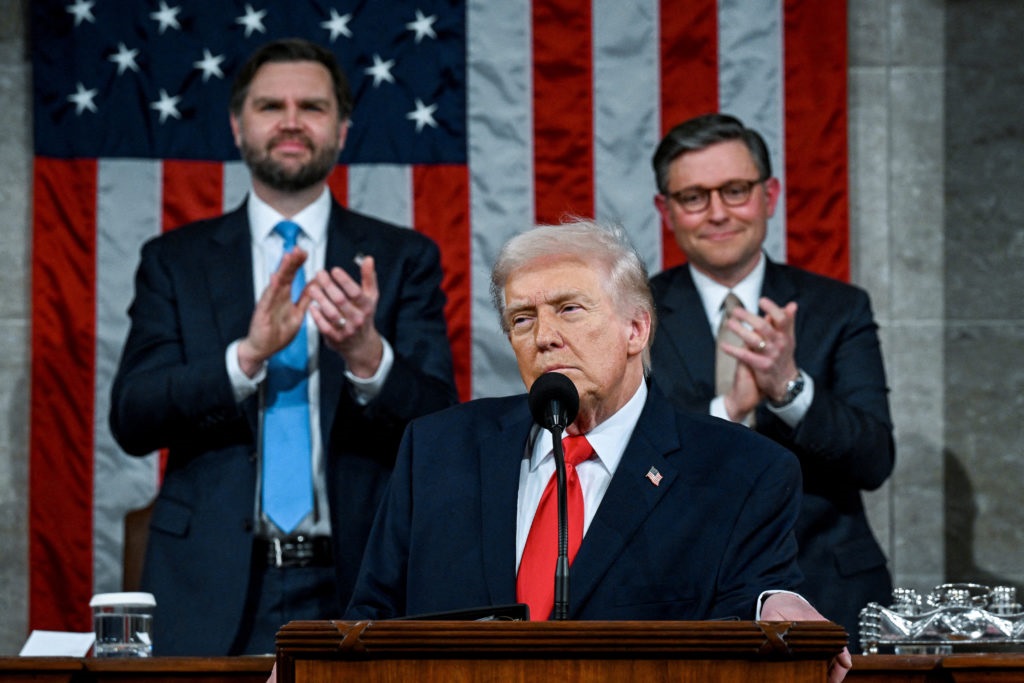Late Wednesday night, President Donald Trump signed a sweeping travel ban, prohibiting nationals from 12 countries and instituting partial restrictions for seven others. The White House claims this is a vital step towards bolstering U.S. security.
The new order replaces earlier disputed versions, barring entry from Afghanistan, Burma, Chad, Congo, Eritrea, Haiti, Iran, Libya, Somalia, Sudan, Yemen, and Equatorial Guinea, while imposing partial restrictions on Burundi, Cuba, Laos, Sierra Leone, Turkmenistan, Venezuela, and Togo.
Exceptions are granted for lawful permanent residents, current visa holders, specific visa categories, and individuals whose entry serves U.S. interests.
A senior administration official revealed that Trump had been contemplating these measures for weeks but finalised his decision after the antisemitic attack in Boulder, Colorado.
The White House defended the ban as essential to rectify security shortcomings, asserting that the designated nations fail to meet U.S. standards for information-sharing and identity verification. “We cannot compromise the safety of the American people,” the official stated.
Opponents condemned the ban, characterising it as an extension of discriminatory policies, emphasising that most of the banned countries are Muslim-majority or African. The ACLU plans to challenge the order, calling it “a recycled and expanded version of the same unconstitutional bigotry we’ve fought before.”
This announcement has rekindled tensions similar to those that followed Trump’s first travel ban in 2017, with protests expected at major airports. Immigrant advocates warn of potential family separations, while some Republican lawmakers support the administration’s security focus.
With no expiration date, the ban could remain indefinitely unless overturned by courts or a future administration. As legal challenges arise, the implications of Wednesday’s decision are set to fuel further discussions on immigration, security, and America’s global stance.

